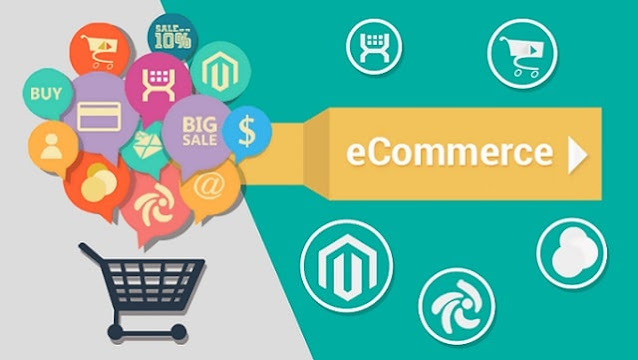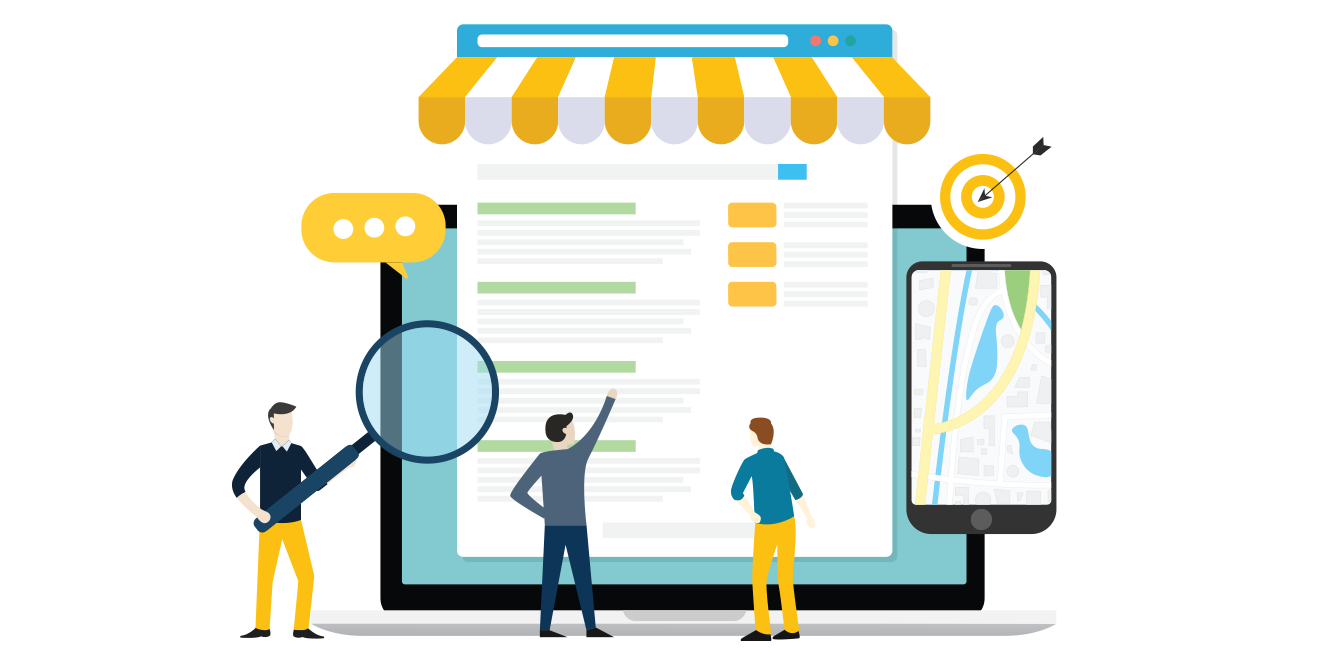There are a lot of new ecommerce business startup options out there, but which one is right for you? With so many options, it can be hard to tell which one will work best for your needs.
You’ve heard that the ecommerce industry is booming. Sales from online markets are expected to top $2 trillion in the coming years, according to some estimates. It’s time to take control of your future and start building a business from the ground up.
Startups can be an exciting time, but launching a new business is hard. Whether you’re just starting out and have no idea what you’re doing, or if you’ve been running your own business for decades, keeping track of new advancements is important.
Important Things to Consider for an Ecommerce Startup

First, you need to make sure you have a great product or service that people want to buy. Secondly, you need to create a strong marketing and sales strategy to get people to your site and convince them to buy what you’re selling. Finally, you need to have a solid business plan and financial backing to ensure your startup is successful.
As you begin to launch your e-commerce startup, it’s important to take a step back and evaluate your skill set. This will help you determine what areas you need to focus on in order to be successful.
1- Evaluating Your Skill Set
There are a few key areas that you’ll want to evaluate:
- Marketing – Do you have experience with online marketing? If not, it’s important to learn the basics of SEO, social media marketing, and email marketing. There are a lot of moving parts when it comes to marketing, so it’s important to have a good understanding of how everything works together.
- Technology – Do you have experience with web development or coding? If not, it’s important to find someone on your team who does. Even if you’re not building the website yourself, you need to understand how everything works behind the scenes. Otherwise, you’ll be at a disadvantage when it comes to making decisions about technology for your business.
- Business Operations – Do you have experience running a business? If not, it’s important to learn the basics of financial planning, bookkeeping, and customer service. These are all critical components of any successful business, so it’s important that you have a good handle on them from the start.
- Product Development – Do you have experience developing products? If not, it’s important to learn about product research and the development process. This includes everything from ideation and prototyping to manufacturing and quality control.
2- Identifying Your Niche
When it comes to launching an ecommerce startup, one of the most important things you need to do is identify your niche. This can be a difficult task, but it’s crucial to the success of your business.
There are a few things you need to keep in mind when trying to identify your niche. First, you need to make sure that there is a demand for the products or services you want to sell. Secondly, you need to make sure that you can offer something unique that will appeal to your target market.
If you can find a niche that meets both of these criteria, then you’re on your way to launching a successful e-commerce business!
3- Designing Your Brand Identity
Your ecommerce startup’s brand identity is the foundation of your business. It’s how your customers will perceive your company, and it will be the first impression they have of your products or services.
Creating a strong brand identity is essential to the success of your ecommerce startup. Here are a few tips to help you get started:
Define your brand. What are your core values? What makes you unique? What do you want people to think of when they hear your name?
Develop a visual identity. This includes everything from your logo and website design to the way you package and ship your products. Your visual identity should be consistent across all touch points.
Create compelling content. Content is key to engaging customers and building loyalty. Make sure your website, blog, and social media channels feature interesting, informative content that speaks to your target audience.
Be active on social media. Social media is a great way to connect with potential and current customers, build relationships, and promote your brand. Post frequently, interact with users and share relevant content from other sources.
Analyze your data. Use analytics tools to track the performance of your website, social media channels, and marketing campaigns. This data will give you insights into what’s working well and where you can improve.
4- Planning Your Financial Future
When it comes to launching your e-commerce startup, one of the most important things you can do is plan your financial future. This means creating a budget and forecasting your sales and expenses.
You should start by creating a realistic budget for your business. This budget should include all of your start-up costs, such as website development, marketing, and inventory. It’s important to be realistic when setting your budget so that you don’t overspend or get in your head financially.
Once you have a budget in place, you can begin forecasting your sales and expenses. This will help you to better understand how much money you need to bring in each month to cover your costs and make a profit. Forecasting also allows you to plan for unexpected expenses and slow periods.
By planning your financial future, you can ensure that your e-commerce startup is successful both short-term and long-term.
5- Assessing The Competition
Assessing the competition is critical for any e-commerce startup. There are a few key things to look for when assessing the competitive landscape:
- First, identify the major players in your space. These will be the companies that have the most market share and are, therefore, the biggest threats to your success.
- Next, take a close look at their offerings. What do they do well? What could you do better?
- Finally, consider their pricing strategy. Is it sustainable? Could you undercut them on price and still make a profit?
By taking the time to assess the competition, you can develop a clear plan for how to position your e-commerce startup for success.
6- Thinking About The Logistics Of Running An Ecommerce Store
Planning and research are critical when launching any type of business, but they’re especially important for e-commerce startups. Before you launch your store, you need to think about the logistics of running an online business. Here are a few tips to get you started:
- First, you need to decide what products you’re going to sell. This may seem like a no-brainer, but it’s important to do your research and make sure there is a market for your product. You also need to consider things like shipping and storage when making your decision.
- Once you know what you’re going to sell, you need to set up your website. This is where potential customers will go to learn more about your products and make purchases. Investing in a professional-looking website is worth it – first impressions matter!
Next, you need to figure out how you’re going to process payments. There are several options available, so do some research and find the one that best fits your needs.
Shipping can be one of the most challenging aspects of running an ecommerce business. You need to figure out how you’re going to get your products to customers in a timely and cost-effective manner. This may require some trial and error – don’t be afraid to experiment until you find a shipping solution that works for you!
7- Building A List of Potential Customers
If you’re launching an e-commerce startup, one of the most important things you can do is build a list of potential customers. This will help you determine your target market and what marketing efforts will be most effective.
There are a few different ways to go about building a list of potential customers. One option is to purchase a list from a reputable list provider. This can be expensive, but it may be worth it if you need to reach a large number of people quickly.
Another option is to use social media to reach potential customers. This can be a great way to connect with people who might be interested in your product or service. You can also use search engine optimization (SEO) to make sure your website comes up when people are searching for terms related to your business.
Once you have a list of potential customers, you can start working on marketing strategies to reach them. This could include creating targeted ads, sending email newsletters, or even offering discounts and coupons. By building a list of potential customers, you’ll be in a much better position to launch your e-commerce startup successfully.
Conclusion
If you’re looking to launch an eCommerce business, inbound marketing is a great way to get started. By creating helpful, informative content and making it easy for your customers to find you online, you can attract more visitors to your site and convert them into paying customers.

